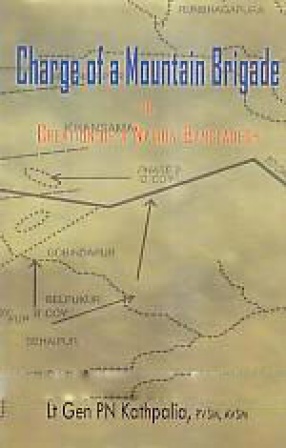This learned treatise on town planning in early south India by a distinguished authority on the subject seeks to expound the theory and principles that underlay the ancient art of town planning in South India which upto not so distant a past was one of the great city-making regions of the world. The author selects for the purpose four most ancient cities in South India – Ganjeevaram, Madurai, Kaveripumpttinam and Vanji – which have been acclaimed as model cities in literary works that are now the classics of the past. These works dating as far back as the 1st Century A.D. contain vivid descriptions that touch upon the several points of the details of town planning which are very material for a proper understanding of the principles the ancients had in view in the building of cities and the high level of excellence they achieved in the field. On the basis of the vast and extensive town planning lore contained in these classics, the author provides a masterly exposition of the fundamental principles pursued by the ancients when planning towns and villages. These principles, handed down by custom and immemorial tradition, which reflect the civic ideals of the more ancient times, are of great relevance, as professor Geddes points out in his Introduction, to the problems and processes of town planning in India even today. The new prefatory introduction by Dr. T.K. Venkatasubramanian tracing the course of urbanization in South India provides the socio-economic background of the processes discussed in the work.

Town Planning in Early South India
In stock
Free & Quick Delivery Worldwide
reviews
Bibliographic information
Title
Town Planning in Early South India
Author
Edition
Reprint
Publisher
Length
liv+199p., 23cm.
Subjects




There are no reviews yet.